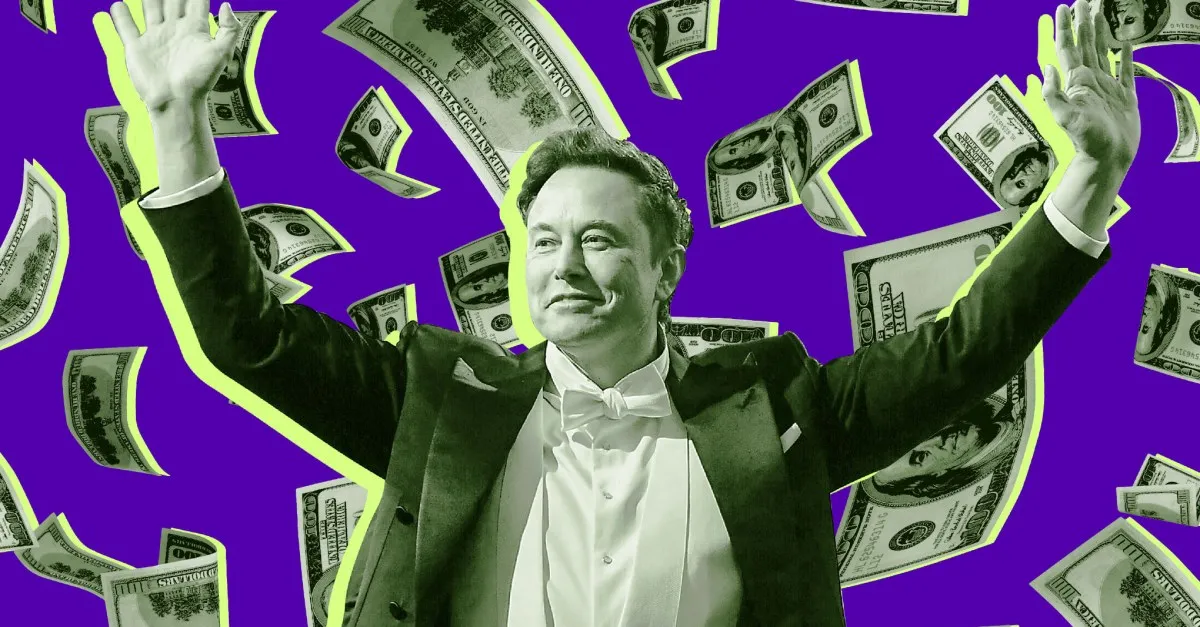
Tesla’s board of directors has sent a stark warning to shareholders: approve Elon Musk’s groundbreaking $1 trillion pay package or risk losing him as the CEO. This familiar threat, previously used by the board, is intended to persuade shareholders ahead of the upcoming November 6th annual meeting. The executive team is actively lobbying shareholders to endorse the proposal that would significantly enrich Musk, who is already one of the world's wealthiest individuals.
The board's message is clear: without Musk, Tesla could face a substantial decline in value. According to board chair Robyn Denholm, the company’s vision of becoming a transformative force in mobility, energy, and labor relies heavily on Musk's leadership. In her recent letter to shareholders, Denholm emphasized the potential risks, stating, “Without Elon, Tesla could lose significant value, as our company may no longer be valued for what we aim to become.” This argument mirrors the one she presented last year, when shareholders were pressured to approve a $55 billion compensation package for Musk—the largest ever proposed to a CEO at that time.
The backdrop of this compensation saga includes a significant legal setback for Musk. A Delaware court recently annulled a previous pay package worth over $50 billion, claiming it was flawed and unfair to shareholders, with Musk exerting too much influence over the deal's structure. Despite shareholders voting in favor of this hefty compensation twice, the judge upheld her ruling, leading Tesla to appeal to the Delaware Supreme Court. In a strategic move, Musk also initiated a vote to relocate Tesla’s incorporation to Texas, a state with less established corporate legal precedents compared to Delaware.
The stakes are particularly high as Tesla gears up for the critical vote on November 6th. Recent sales figures indicate an uptick in demand, fueled by consumers eager to take advantage of the expiring $7,500 tax credit. However, Tesla’s future earnings could face significant challenges, as Musk himself has acknowledged that sales may decrease once the tax credit is eliminated. If Tesla aspires to fulfill Musk's vision of becoming a leader in AI and robotics, decisive action is required now.
In her letter, Denholm largely overlooks several pressing challenges facing Tesla. Musk’s controversial political involvements, including support for President Donald Trump and various far-right movements, remain unaddressed. These issues, alongside an aging product lineup, intensifying competition, and the impending loss of regulatory credits, could impact Tesla’s market position. Additionally, ongoing tariffs are likely to squeeze the company’s profitability. Instead of outlining a comprehensive plan for the future, Tesla's board seems to be urging shareholders to double down on existing strategies, which may not suffice in the face of increasing challenges.